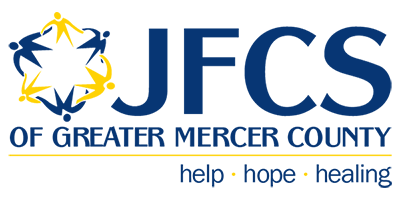In my most recent blog, I presented five research-based strategies that can help us to develop and strengthen our emotional resilience – our ability to ‘bounce back’ from stressors. In this post, we explore an additional five research-based strategies that can help us increase our emotional resilience:
Have Social Support:

All of us need to feel that we are not alone. Social connectedness to others releases oxytocin which calms the mind and reduces stress. Reaching out to others is not a sign of weakness, but instead an acknowledgement of knowing your own limitations and that you value human connection. In times of difficulty, reach out to others and ask for help. Reaching out to others and asking for their help is often a gift you give to them. Think back to how you may have felt when you helped a friend. We feel useful, and resilience builds for both the giver and receiver.
Be a Lifelong Learner:

Learning is not just for the young, it is also for the “young at heart.” By constantly growing your mind and adapting to new information about the world, you remain mentally sharp. Ask yourself, “Am I stuck in my ways?” Be open to new ideas, meeting new people, exploring new interests, learning new skills. Learning does not have to always be a major accomplishment, such as learning a foreign language, but can be as simple as trying a new recipe.
Change the Narrative:

When something bad happens to us, it is common for people to ruminate about the experience, the decision, replaying it over and over again in our mind and re-experiencing the pain.
Instead of replaying a choice or event, explore new insights that resulted from the challenge, rather than simply ruminate. One way to ‘change the narrative’ can be expressive writing. For several days, write freely for 20 minutes about one situation that is bothering you – no agenda, no questions to answers – simply write about the thoughts and feelings you have about the situation. When we focus and give our thoughts structure and attention, we can gain new perspectives. We process the event which can help give us a sense of control.
Focus on Self-Care:

We will have a hard time being emotionally resilient if we are physically exhausted or poorly nourished. Take care of yourself – schedule an annual check-up, eat (mostly) healthy foods, get moving with exercise, limit caffeine, and spend some time resting or relaxing. Turn to online options such as Youtube, to find short, guided relaxation videos; a 10-20 minute relaxation video can be like mini-vacation.
Control your Destiny:

While we cannot control what happens in the world or what other people do, we have control over how we respond and think about a situation. It is not the situation that causes the stress or anxiety, rather, our reaction to the situation.
Have you ever noticed people in their cars stuck in traffic? You can have one person calmly listening to the music on the radio, waiting patiently, while another driver is fuming, pounding the steering wheel beeping his horn. Same situation, two totally different reactions.
One way we can help ourselves is to say “I have a choice how I’ll respond” every time we face a challenge or difficulty.
When you feel overwhelmed by stress, try one of these strategies, or one of those previously discussed. Each small step you take can help to build your emotional resilience.
For those times when you may need some additional assistance in dealing with life’s challenges, JFCS is here for you. Call 609-987-8100 to schedule an appointment with one of our licensed therapists.
This is the last of three blogs covering Emotional Resilience. View the previous entry here. You can also view Teri’s webinar on this topic by clicking here.
Teri Cheresnick, LCSW, LCADC


